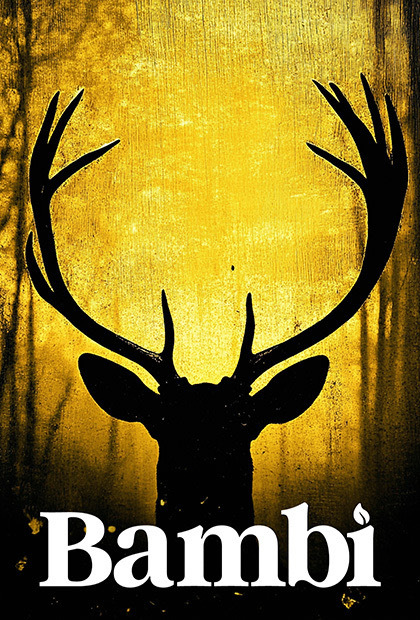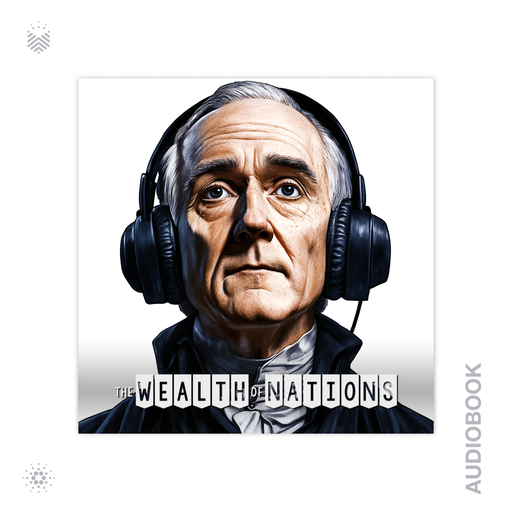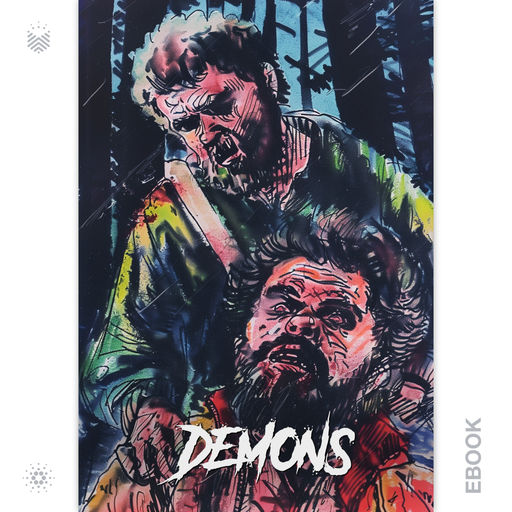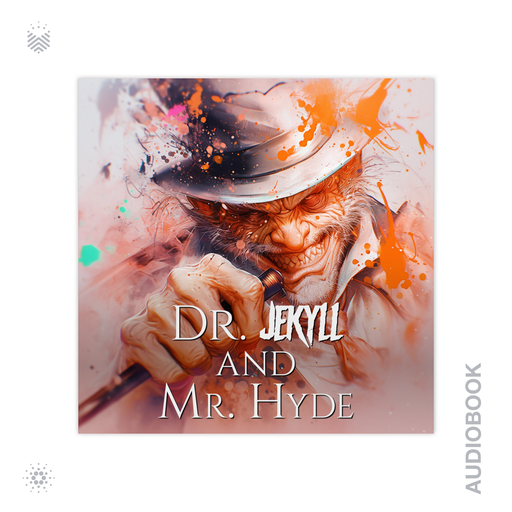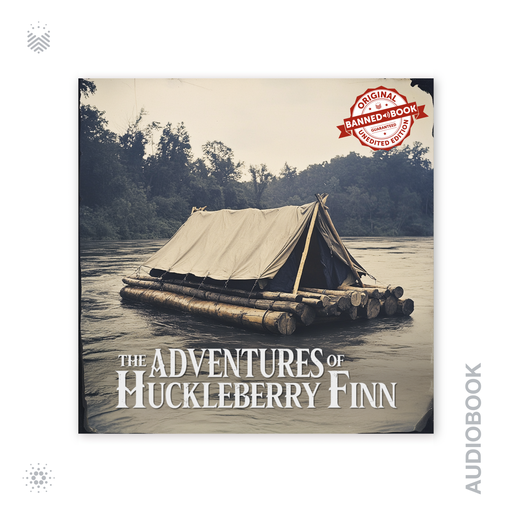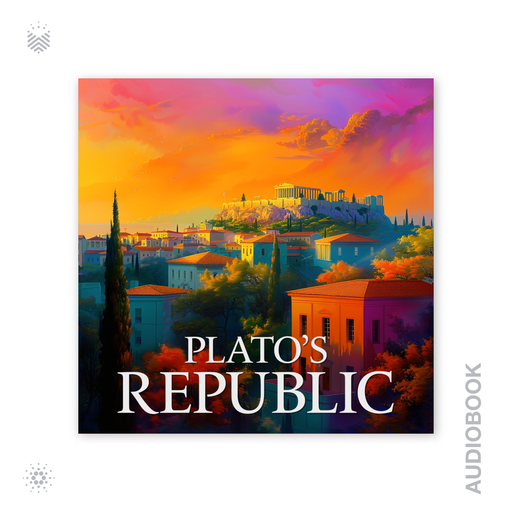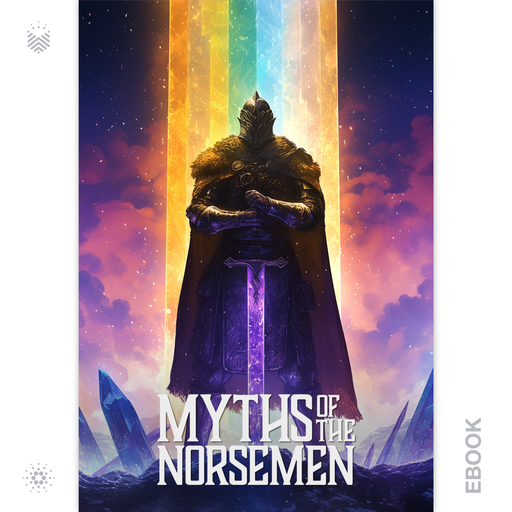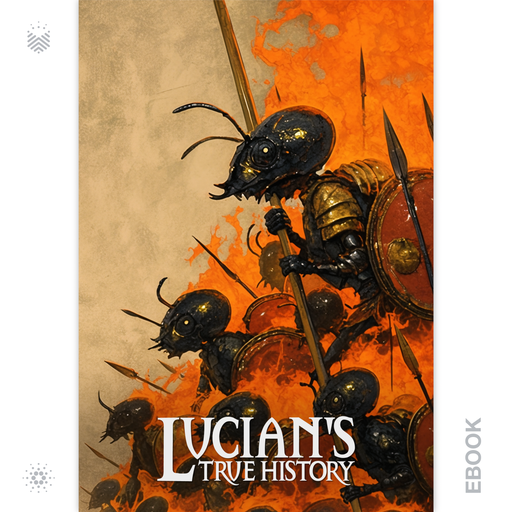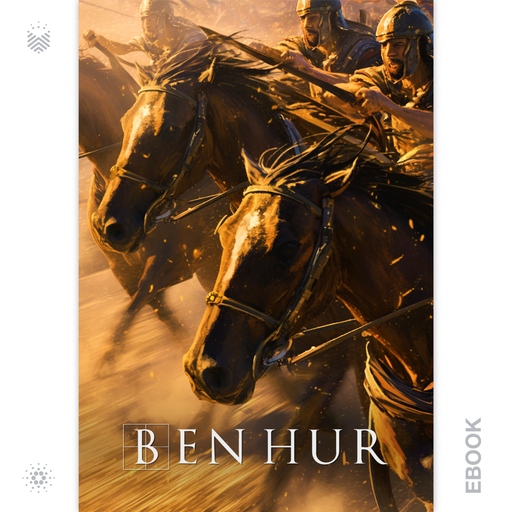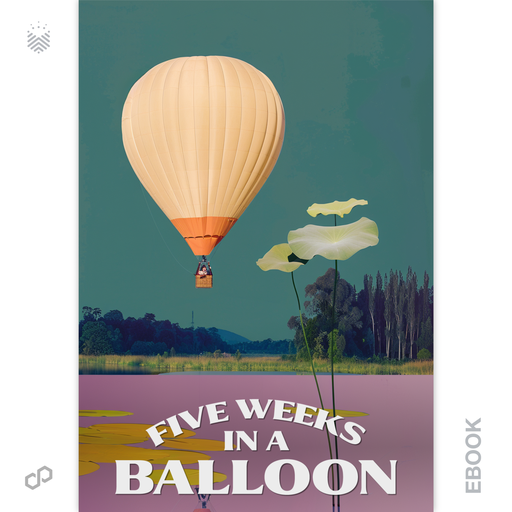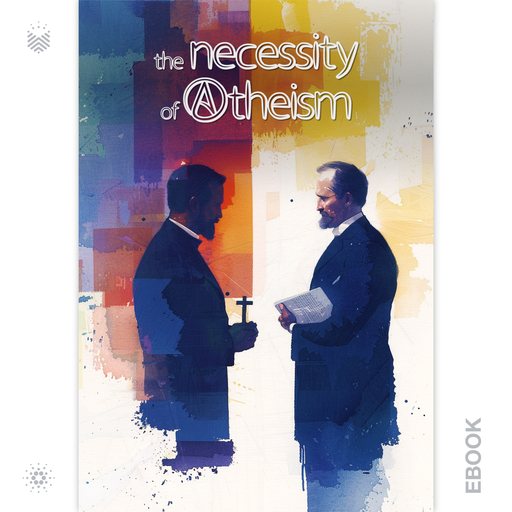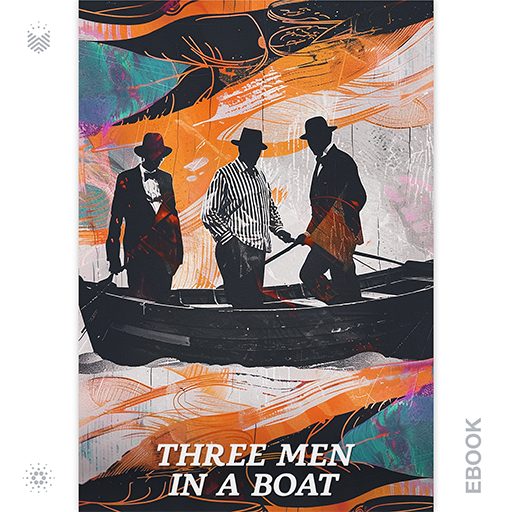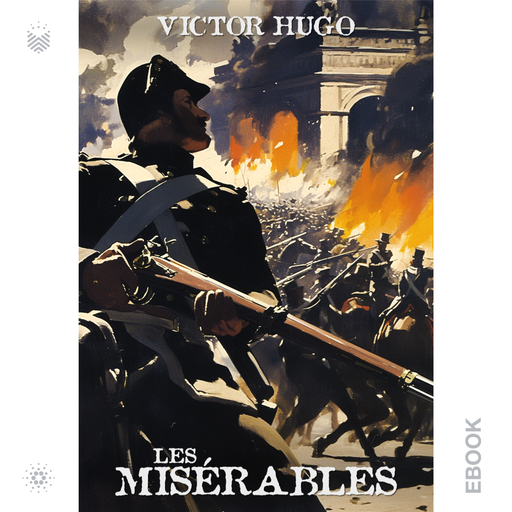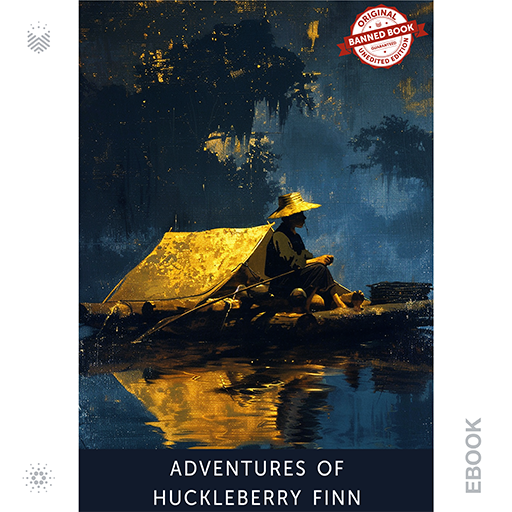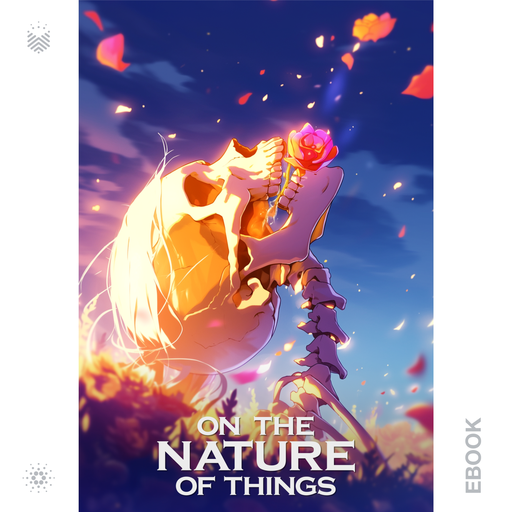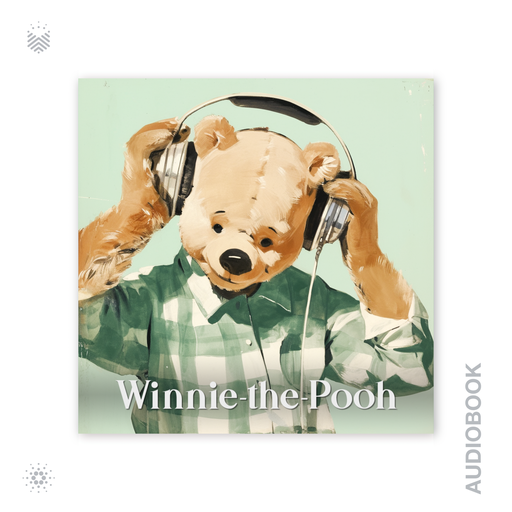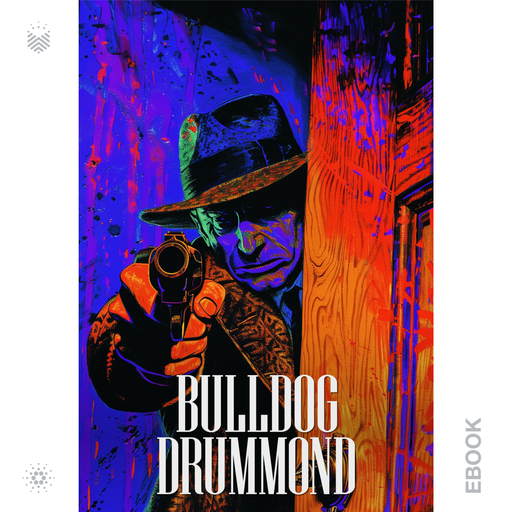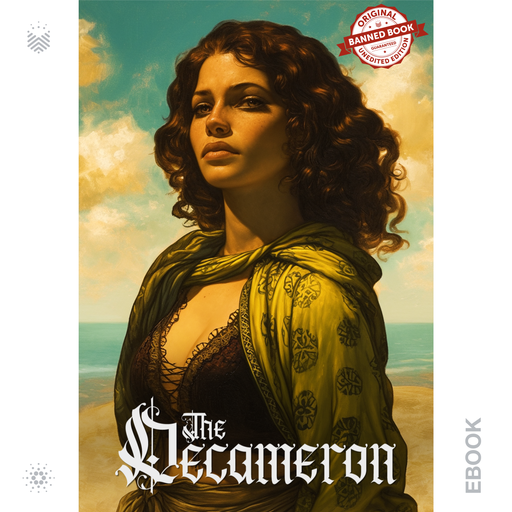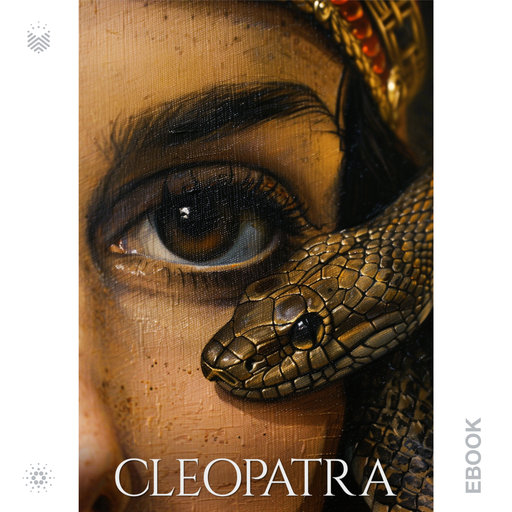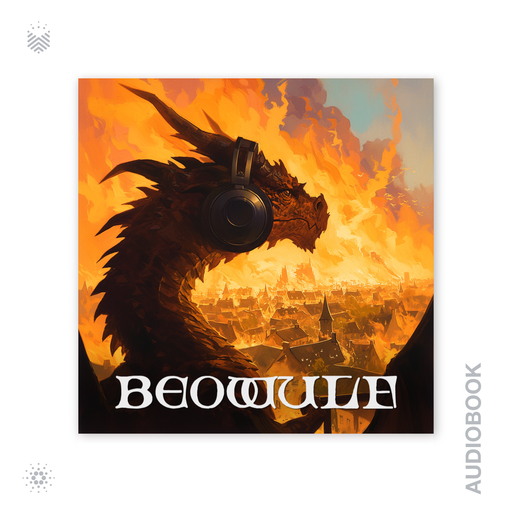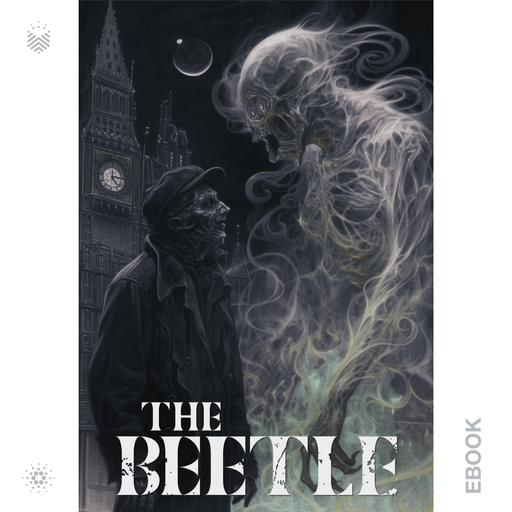by Upton Sinclair
Upton Sinclair wrote The Jungle, a novel first published in 1906. This investigative work of fiction exposes the harsh working conditions and unsanitary practices in the American meatpacking industry during the early 20th century. Sinclair aimed to highlight the exploitation of immigrant workers and advocate for socialist reforms through his powerful narrative.
Read More
by Adam Smith
“The Wealth of Nations” by Adam Smith revolutionized economic thought and remains a cornerstone of modern economics. In this seminal work, Smith explores the principles of capitalism, arguing that free markets, competition, and self-interest drive economic prosperity. Smith’s insights into the division of labor, the invisible hand of the market, and the role of government intervention continue to shape economic policy and theory to this day.
… Read More
by Robert Louis Stevenson
The Strange Case of Dr. Jekyll and Mr. Hyde, first published in 1886, remains one of literature’s most gripping explorations of the duality of human nature. Robert Louis Stevenson masterfully weaves a tale of a well-respected scientist, Dr. Henry Jekyll, who creates a potion to separate his good and evil sides, unleashing the monstrous Mr. Edward Hyde. As Jekyll’s struggle with his dark alter ego intensifies, the story delves into the terrifying consequences of unchecked desires and the … Read More
by Mark Twain
Mark Twain’s “Adventures of Huckleberry Finn,” first published in 1884, is a cornerstone of American literature that explores themes of freedom, friendship, and moral growth through the journey of a young boy named Huck Finn. Escaping from his abusive father, Huck embarks on a raft journey down the Mississippi River, accompanied by Jim, a runaway slave seeking freedom. Their adventures and encounters with various characters reveal the social and racial injustices of the pre-Civ… Read More
by Plato
In “Plato’s Republic,” also known as “The Republic,” the ancient Greek philosopher Plato presents a philosophical dialogue. As one of his best-known works, it stands as a classic of Western philosophy. Through a discussion between Socrates and several other characters, Plato explores the nature of justice and the ideal state.
Read More
by H. A. Guerber
“Myths of the Norsemen” by H. A. Guerber brings to life the rich tapestry of Norse mythology. Guerber vividly recounts the epic sagas and heroic tales of gods, giants, and legendary creatures. Through her engaging storytelling, readers traverse the icy realms of Asgard and Midgard, where they encounter figures like Odin, Thor, and Loki, each with their own unique attributes and stories that have captivated audiences for centuries.
… Read More
by Lucian of Samosata
“Lucian’s True History,” authored by Lucian of Samosata, stands out as one of the earliest works of satirical science fiction and fantasy. Written in the 2nd century CE, this novel offers a witty critique of the mythological and historical accounts of its time. Lucian crafts a narrative that begins with a voyage to the moon and expands into an imaginative exploration of various fantastical realms, including encounters with strange creatures and bizarre societies.
… Read More
by Lew Wallace
“Ben Hur” by Lew Wallace is a classic historical novel that has captivated readers since its publication in 1880. Set in ancient Rome and Jerusalem, the story follows Judah Ben Hur, a Jewish prince who is betrayed by his childhood friend, Messala, and unjustly sentenced to slavery. This betrayal sets Ben Hur on a path of vengeance and redemption, intertwining his fate with pivotal events in early Christian history.
… Read More
by Jules Verne
In “Five Weeks in a Balloon,” Jules Verne whisks readers away on a thrilling aerial expedition across the uncharted terrains of Africa, led by the ingenious Dr. Samuel Ferguson and his companions. As they navigate the skies in a groundbreaking hydrogen balloon, they encounter breathtaking landscapes, perilous weather, and wild encounters, all while showcasing the boundless spirit of exploration and scientific curiosity. Verne masterfully blends meticulous scientific detail with rivet… Read More
by Percy Bysshe Shelley
In “The Necessity of Atheism,” Percy Bysshe Shelley directly challenges the foundations of religious belief. Through lucid argumentation and sharp rhetoric, Shelley invites readers to confront their beliefs and embrace a worldview grounded in skepticism and scientific inquiry. This seminal work not only sparked controversy and censorship in its time but also continues to resonate today, challenging readers to reconsider the nature of belief and the role of religion in society.
… Read More
by Jerome K. Jerome
“Three Men in a Boat” by Jerome K. Jerome is a classic comedic novel first published in 1889. It is a comedic masterpiece that chronicles the misadventures of three friends as they embark on a boating holiday along the Thames River. Jerome, who also serves as the narrator, weaves a tale filled with witty observations and humorous reflections on the peculiarities of Victorian society. Accompanied by Jerome’s mischievous dog, Montmorency, the friends navigate a series of humoro… Read More
by Charlotte Perkins Gilman
Charlotte Perkins Gilman’s “The Yellow Wallpaper,” a seminal work of feminist literature published in 1892, immerses readers in the unsettling world of a woman grappling with confinement, mental illness, and societal oppression. Through a gripping first-person narrative, Gilman masterfully unravels the inner turmoil of a character confronted with the confines of a room adorned with yellow wallpaper. The story unfolds with haunting intensity, as her struggles against a dismissiv… Read More
by Victor Hugo
“Les Misérables” by Victor Hugo is a monumental work of literature that delves into the intricacies of human suffering, redemption, and the pursuit of justice in 19th-century France. The novel intricately weaves together the lives of its diverse cast of characters, from the noble-hearted Jean Valjean to the relentless Inspector Javert, the tragic Fantine, and the idealistic revolutionary Marius Pontmercy. Through their intersecting narratives, Hugo paints a vivid portrait of a socie… Read More
by Mark Twain
Mark Twain’s “Adventures of Huckleberry Finn,” first published in 1884, is a cornerstone of American literature that explores themes of freedom, friendship, and moral growth through the journey of a young boy named Huck Finn. Escaping from his abusive father, Huck embarks on a raft journey down the Mississippi River, accompanied by Jim, a runaway slave seeking freedom. Their adventures and encounters with various characters reveal the social and racial injustices of the pre-Civ… Read More
by Upton Sinclair
“The Jungle” by Upton Sinclair, first published in 1906, is a seminal work of American literature that exposes the harsh realities of the meatpacking industry in Chicago. Sinclair’s novel follows the life of Jurgis Rudkus, a Lithuanian immigrant who arrives in America with dreams of prosperity, only to encounter exploitation, poverty, and despair. Through Jurgis’s harrowing experiences, Sinclair sheds light on the appalling working conditions, corruption, and lack of sani… Read More
by Titus Lucretius Carus
“On the Nature of Things” (De Rerum Natura) by Titus Lucretius Carus is a seminal work of ancient Roman literature and philosophy, written in the 1st century BCE. This epic poem, composed in six books, aims to explain the physical world through the lens of Epicurean philosophy, which Lucretius ardently followed.
Read More
by A. A. Milne
“Winnie-the-Pooh” by A. A. Milne is a beloved classic of children’s literature, first published in 1926. The book introduces readers to the enchanting world of the Hundred Acre Wood, where the lovable bear Winnie-the-Pooh and his friends embark on delightful adventures. Milne’s charming storytelling, coupled with E. H. Shepard’s iconic illustrations, brings to life the whimsical characters of Pooh, Piglet, Eeyore, Tigger, and others.
… Read More
by H. C. McNeile
“Bulldog Drummond” by H. C. McNeile, writing under the pseudonym Sapper, was first published in 1920. The novel introduces readers to Hugh “Bulldog” Drummond, an iconic figure in early 20th-century British adventure fiction. Drummond, a daring and resourceful ex-World War I officer, seeks excitement and purpose in a peacetime world. Bored with civilian life, he offers his services as a troubleshooter, quickly attracting attention for his fearless spirit and imposing prese… Read More
by Giovanni Boccaccio
Giovanni Boccaccio’s “The Decameron” transports readers to 14th-century Italy during the devastating Black Death. In this vivid narrative, ten young Florentines—seven women and three men—flee their plague-stricken city to seek refuge in a serene villa in the countryside. To pass the time and keep their spirits high, they each take turns telling stories over ten days, culminating in a rich tapestry of one hundred diverse tales.
… Read More
by H. Rider Haggard
“Cleopatra” by H. Rider Haggard is a historical novel published in 1889. Set in the ancient world, it blends historical facts with Haggard’s flair for adventure and romance. The story follows Harmachis, a young Egyptian prince destined to overthrow the Greek Ptolemaic dynasty and restore native rule to Egypt. His journey is fraught with danger and intrigue as he navigates the treacherous political landscape of ancient Egypt, where alliances shift like sand dunes in the desert.
… Read More
by Unknown
“Beowulf,” an epic poem composed in Old English, presents a rich tapestry of heroism, valor, and the struggle between good and evil. Set in Scandinavia, the poem introduces Beowulf, a noble warrior renowned for his unmatched strength and courage. The story unfolds in a world filled with formidable monsters, ancient feuds, and grand halls where warriors gather to celebrate their victories and share tales of their exploits. The vivid imagery and powerful language transport readers to a… Read More
by Richard Marsh
Richard Marsh’s “The Beetle” captivates readers with its thrilling blend of horror and mystery, set against the backdrop of late 19th-century London. Published in 1897, the novel weaves a tale of terror as it follows the sinister figure of a shape-shifting Egyptian beetle that wreaks havoc on the lives of those it encounters. The narrative unfolds through multiple perspectives, each adding layers of suspense and intrigue to the story. Marsh’s ability to create a palpable … Read More

